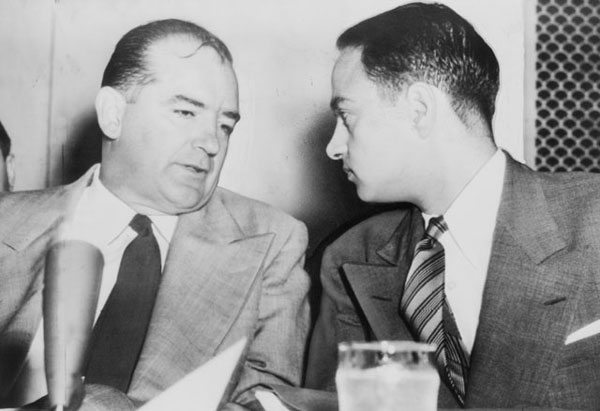
October 12, 2017; Washington Post
Hurricane Maria only hit Puerto Rico three weeks ago. The Washington Post reports that 84 percent of the Island’s 3.5 million residents are still without power, with many not expected to see their power restored for months, and yet apparently, the Trump administration is already growing weary of the disaster relief effort.
Just two weeks ago, President Trump said, “We will not rest … until the people of Puerto Rico are safe … These are great people. We want them to be safe and sound and secure. And we will be there every day until that happens.” That speech was given on September 29th. Today, however, Trump seems to be tiring already, sending out a tweet this morning that read “We cannot keep FEMA, the Military & the First Responders, who have been amazing (under the most difficult circumstances) in P.R. forever!”
Sign up for our free newsletters
Subscribe to NPQ's newsletters to have our top stories delivered directly to your inbox.
By signing up, you agree to our privacy policy and terms of use, and to receive messages from NPQ and our partners.
Of course, just in case this requires explanation, disaster recovery is not a quick business. When San Francisco suffered the 1906 earthquake, recovery lasted at least a decade. More recently, New Orleans has a similar story of slow recovery to tell, as this ten-year retrospective on Katrina makes clear. As NPQ’s Cyndi Suarez highlights, the Puerto Rican community and the Puerto Rican diaspora stateside is fully mobilized. That said, the work ahead is massive. In addition to the not-so-simple task of disaster recovery, there is a legacy of colonialism (as exemplified by the Jones Act) that must be confronted and climate change challenges that must be addressed for Puerto Rico’s residents to rebuild an economy that can be thriving and sustainable.
Of course, we recognize that the President’s latest tweet might be reversed by another tweet tomorrow. But even though we are used to tuning a lot of the noise out, when you’re playing with the lives of 3.5 million American citizens, we need to hold our leaders to a higher standard.
In 1954, at the Army hearings, US Army attorney Joseph Welch asked Senator Joseph McCarthy, “Have you no sense of decency?” This question has never been more appropriate for our current president than now.—Steve Dubb










